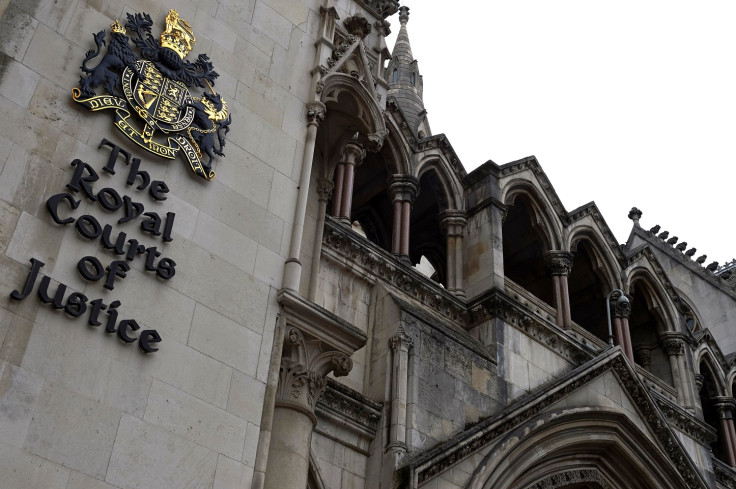High Court appeals for more female, BAME and less privileged judges to end rich pale and male dominance
Programme hopes to fill vacancies in Queen's bench, family and chancery divisions.

The High Court wants to shrug off its image of being full of rich, male and pale judges by recruiting more female and ethnic minority ones to its divisions. Almost three quarters of the judges in the UK are male (72%) while the percentage of judges who identify themselves as black, Asian and minority ethnic (BAME) is 5%.
While the number of judges overall has increased in recent years latest figures show that the number of female judges in the High Court and its three divisions – the Queen's Bench, the Chancery Division, and the Family Division – has stagnated at 21%.
To increase diversity Britain's highest court today (Monday 22 August) launched the High Court Support Programme, which is appealing for 30 candidates who are either female, BAME or from a less advantaged background to apply because it acknowledges these are "areas where we know the judiciary is significantly less representative of society".
The course, which includes a workshop and shadowing a High Court judge, is intended to boost candidates' chances at being selected.
The facts
The number of woman Court of Appeal Judges remains the same as last year: 21%
Twenty two out of 106 High Court Judges are women (21%)
In the courts the percentage of female judges has increased from April 2015 to April 2016 from 25% to 28%. In tribunals it remained at 45%.
The number of female Circuit Judges increased from 146 in April 2015 to 160 in April 2016 (from 23% to 26%)
51% of the 85 courts judges under 40 years of age are women (53% last year). In tribunals, 64 per cent of the 56 judges under 40 are women (56% last year)
The percentage of judges who identify as Black, Asian and Minority Ethnic is 5% in courts (6% last year), and in tribunals 9%
A third of court judges and two thirds of tribunal judges are from non-barrister backgrounds.
Speaking on the importance of diversity, Lord Chief Justice Lord Thomas of Cwmgiedd said: "The judiciary must be truly open to everyone of the requisite ability and we are hopeful that the variety of initiatives being actively pursued – led by the Judicial Diversity Committee of the Judges' Council – will bring more diversity to the judiciary, more quickly."
The launch comes as a Trades Union Congress report claimed BAME workers are a third more likely to be underemployed than their white peers with 15.3% of BAME workers facing underemployment compared to 11.5% among white workers.
TUC general secretary Frances O'Grady said: "Underemployment is a major problem in the UK, and it only gets worse if you're black, Asian, or part of any ethnic minority. This is not only wrong, but a massive waste of talent too."
© Copyright IBTimes 2025. All rights reserved.





















